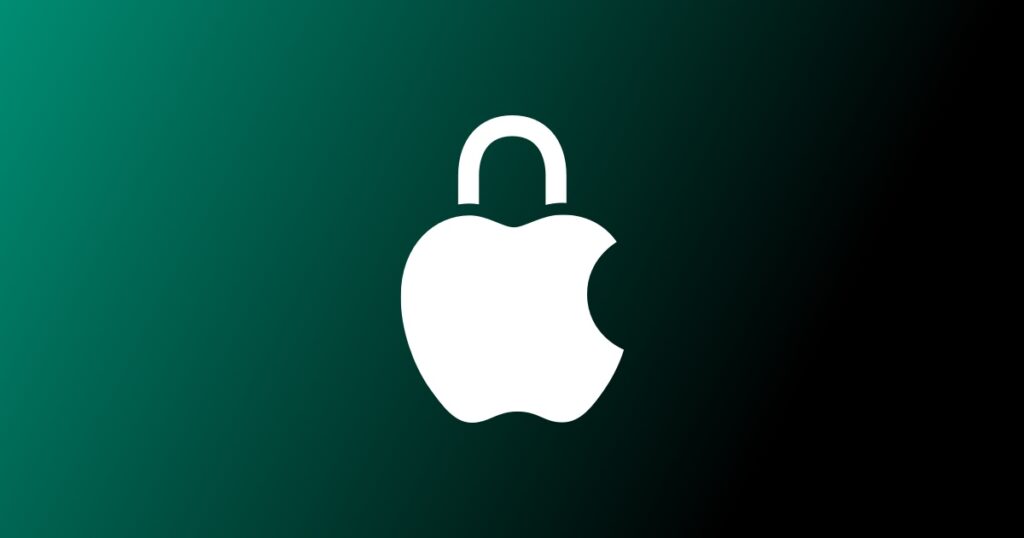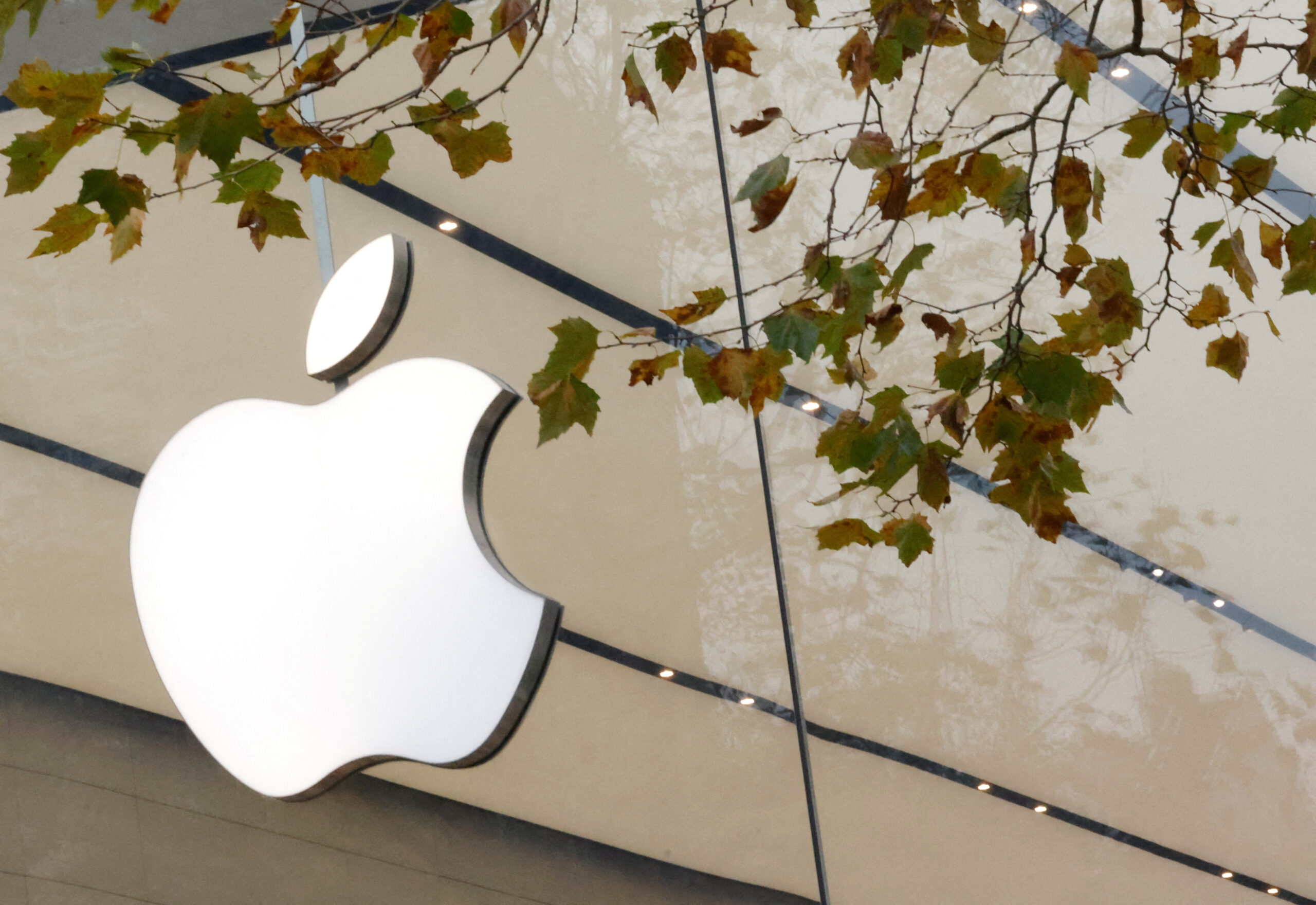
Amid a surge in cybersecurity breaches revealing alarming statistics on leaked consumer data, Apple has taken a proactive stance by commissioning a cybersecurity report. The report, authored by MIT information technology professor Stuart Madnick, underscores the escalating threat landscape, with 1.1 billion personal records exposed in 2021, surging to 1.5 billion records in 2022. Notably, the rising trend involves cybercriminals exploiting vulnerabilities through “vendor exploitation attacks,” infiltrating businesses through their partners or vendor-provided software systems.
In response to these challenges, Apple is encouraging users to activate the Advanced Data Protection feature for iCloud, introduced a year ago. This feature employs end-to-end encryption for most data transmitted between Apple’s apps and devices, offering an additional layer of security. While it doesn’t directly shield users from external breaches, Apple emphasizes the importance of adopting the feature to prevent personal devices from becoming potential vectors of attack and exposure.
Activating Advanced Data Protection is straightforward on iOS devices. Users can navigate to the Settings app, select their iCloud account, tap on iCloud, then access Advanced Data Protection, and follow the setup instructions, including establishing account recovery options.
Notably, iCloud already employs end-to-end encryption to safeguard 14 sensitive data categories, encompassing health data and passwords stored in the iCloud keychain. The optional Advanced Data Protection feature extends this protection to seven additional categories, totaling 23, including iCloud backups, Notes, and Photos.
While Apple has not disclosed the number of users who have activated Advanced Data Protection, the Electronic Frontier Foundation, a digital privacy advocacy group, commended the feature for its role in protecting consumer data. The encryption of iCloud backups, previously a potential source of user information exposure, was particularly lauded by the organization.
As the tech landscape grapples with evolving cybersecurity threats, Apple’s commitment to transparency and user protection remains evident through initiatives like the Advanced Data Protection feature.



